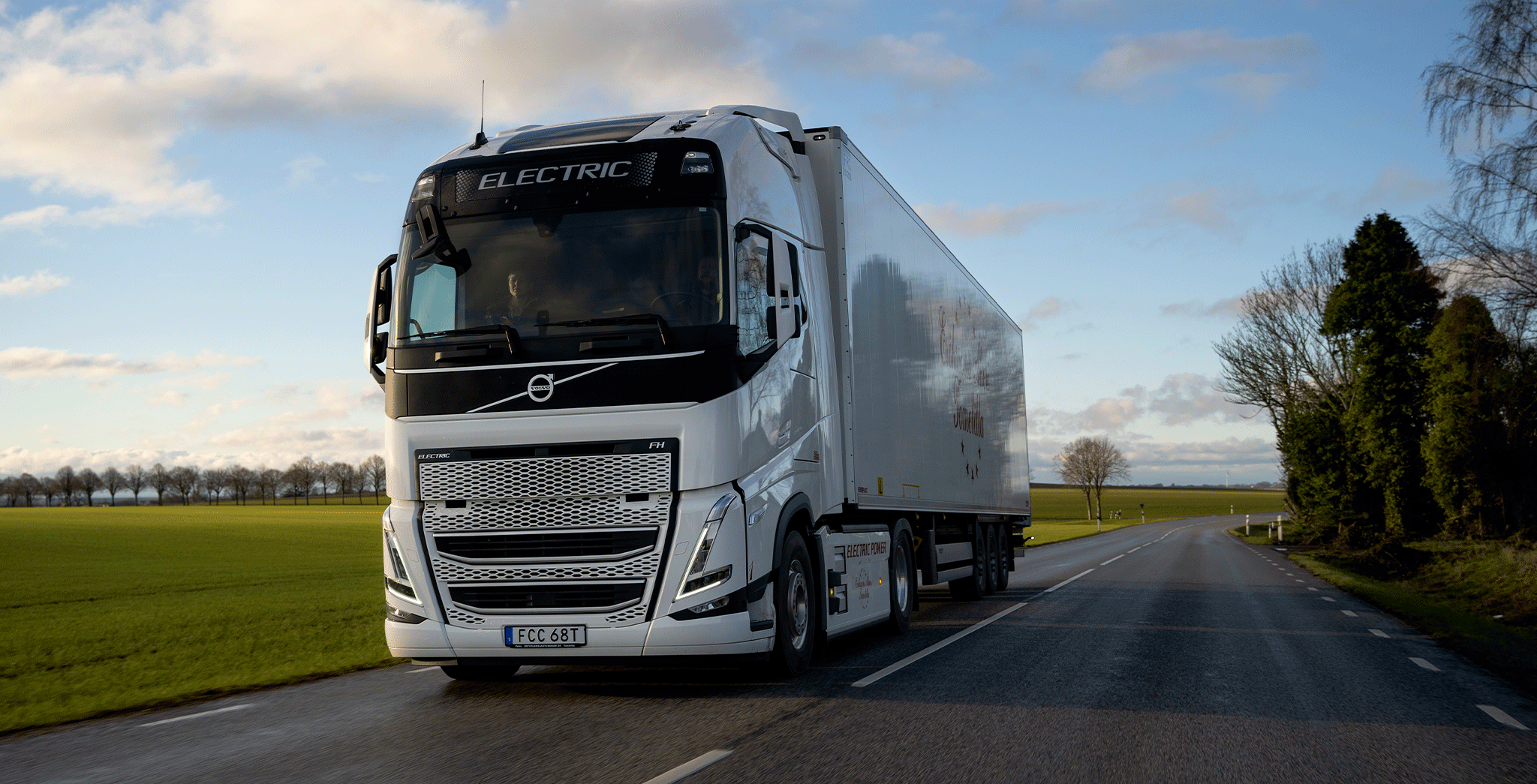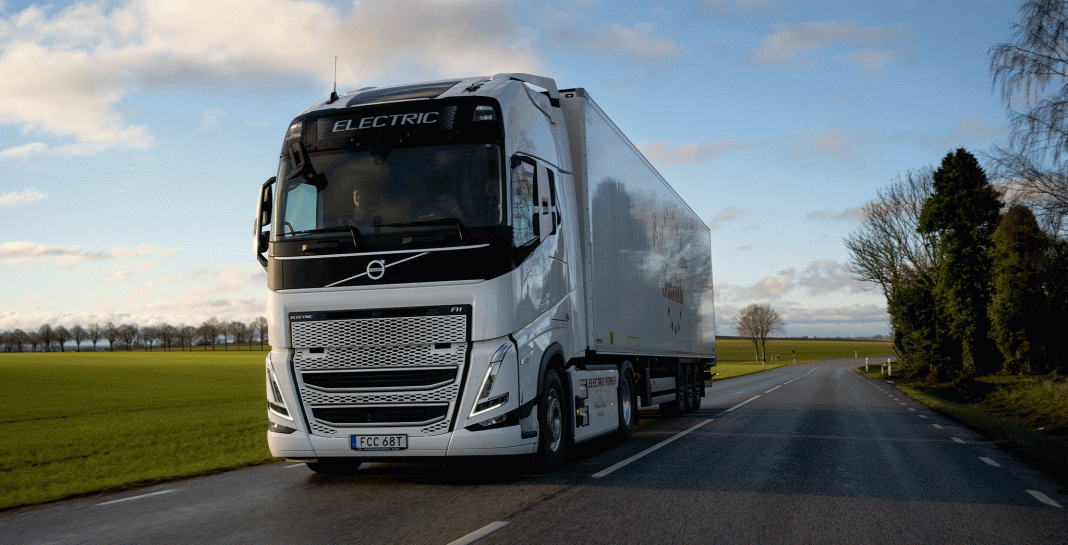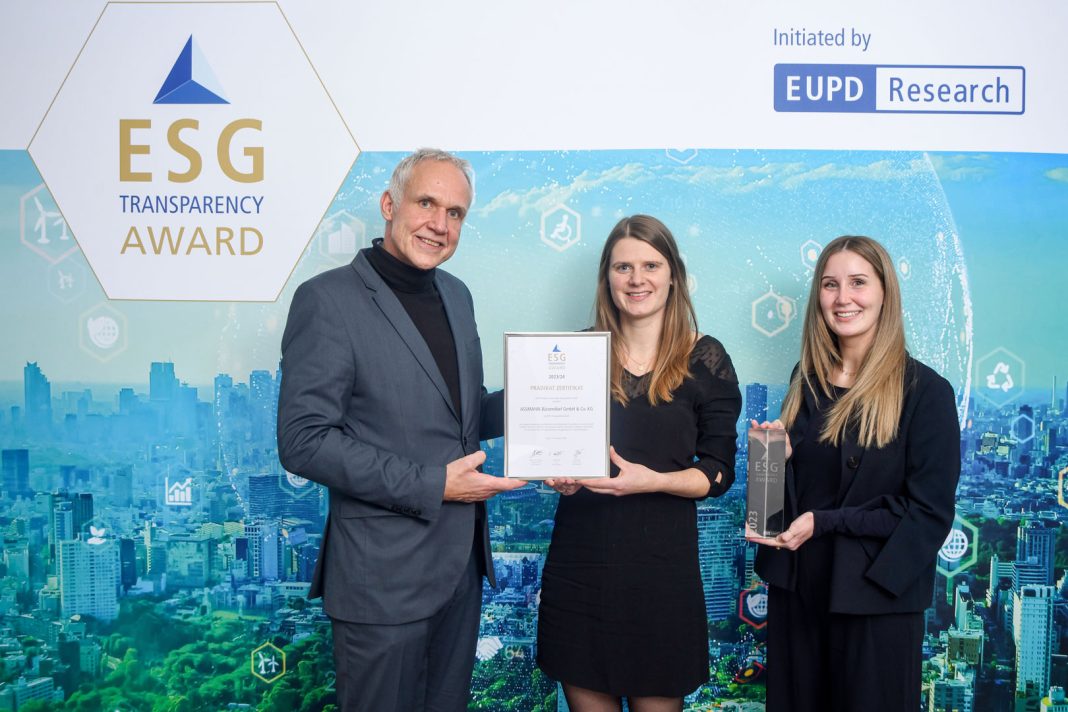
Decarbonizing heavy vehicles is a complex challenge that requires the implementation of multiple technologies and fuels, according to Volvo Group Australia. The company’s e-mobility solutions manager, Timothy Camilleri, emphasized that there is currently no single technology capable of decarbonizing and improving the efficiency of heavy vehicles. After conducting extensive studies, Volvo Group Australia concluded that a combination of technologies and fuels is necessary to transition the heavy transport industry towards decarbonization.
Camilleri highlighted the specific advantages and limitations of different technologies. Battery-powered electric vehicles (EVs) were deemed suitable for shorter, urban trips, while hydrogen fuel cell electric vehicles were considered more appropriate for longer hauls. Each technology has its own unique characteristics and requirements in terms of development, infrastructure, cost, productivity, life cycle impact, and efficiency.
However, there are regulatory challenges that need to be addressed to facilitate the adoption of heavy EV trucks. Camilleri expressed concern about the current weight allowance on heavy vehicle axles, which restricts the amount of weight a truck can carry. Heavy EVs can exceed the maximum limit due to the weight of their batteries. While some state governments have been loosening axle mass limits to accommodate heavier vehicles, Camilleri urged for national harmonization across different jurisdictions to ensure consistent regulations.
The cost of heavy EV trucks is another factor that needs consideration. Camilleri acknowledged that electric trucks can be two to three times more expensive than conventional vehicles. However, he pointed out that their operating costs can be lower, depending on how the owner buys electricity. With enough kilometers driven and a longer vehicle lifespan, the costs can become net neutral or even more favorable. Additionally, heavy EVs offer benefits in terms of driver comfort, including reduced vibrations, gear changes, and noise.
Concerns about the impact of heavy EVs on roads were addressed by Camilleri, who stated that the damage is not as significant as some may believe. He explained that heavy vehicles equipped with road-friendly suspension cause less impact compared to lighter vehicles with thin tires. Furthermore, he emphasized the need to consider the cost of road damage caused by heavy electric trucks at a more holistic level. This includes factoring in the reduction in healthcare costs due to reduced emissions and the rising costs associated with extreme weather events caused by climate change.
In conclusion, Volvo Group Australia recognizes that decarbonizing heavy vehicles requires a combination of technologies and fuels. Battery-powered EVs and hydrogen fuel cell electric vehicles each have their own advantages and limitations. However, regulatory challenges related to weight allowances on heavy vehicle axles need to be addressed to facilitate the transition. While heavy EV trucks may be more expensive initially, their operating costs can be lower in the long run. Additionally, concerns about road damage caused by heavy EVs are not as significant as perceived and should be evaluated in the context of broader environmental and health impacts.


